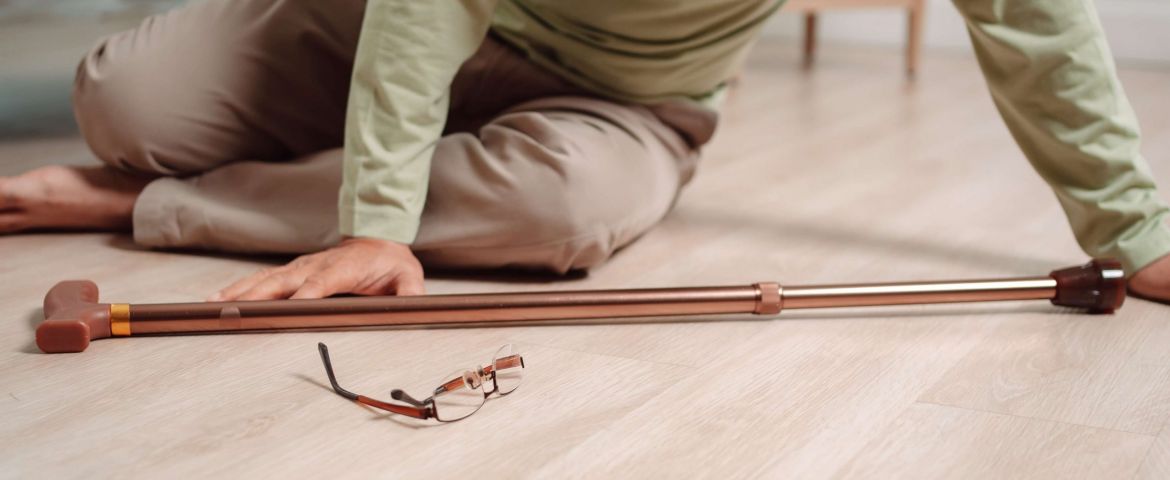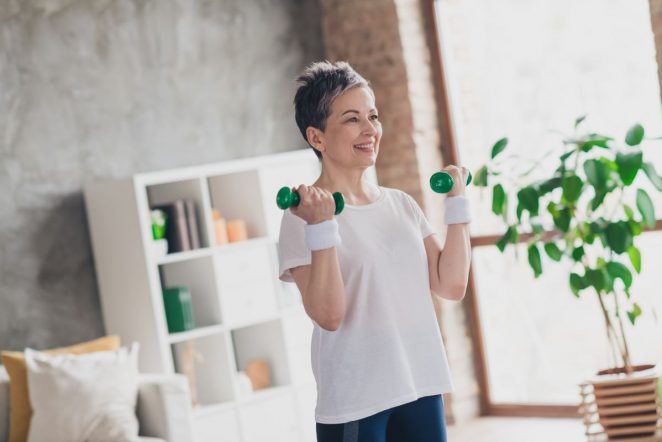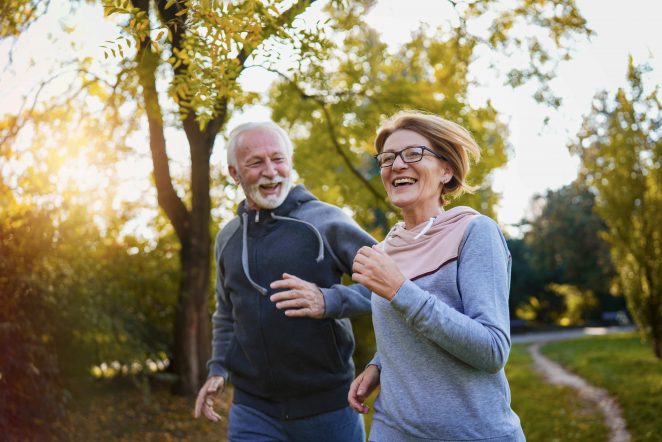It’s a well-known fact that falls, both big and small, can have a negative impact on the quality of life for older adults age 65 and older. Every second of every day, an older adult in the United States suffers a fall, making falls the leading cause of injury and injury-related death in this age group.
What are the risks?
Roughly 36 million falls are reported among older adults each year, resulting in more than 32,000 deaths. And, one out of every five falls causes an injury such as broken bones or a head injury.
There are many ways to protect yourself from falls, but one of the most important is to keep your brain healthy and active. That’s because your balance, gait and other fall risk factors are related to how well your brain takes in, and can react to, the details of what’s around you.
Why is cognitive health important?
Imagine you’re walking down the sidewalk. It’s been a smooth walk so far, but suddenly, just in front of you, the sidewalk is raised due to a tree root. If you have a healthy and active brain, good news! You see the raised sidewalk in time to step over it and continue on your way.
But what happens if your visual processing speed is a little slower, and you don’t spot the raised sidewalk? You’ll likely trip—and perhaps fall.
What can we do to improve cognitive health?
 Fortunately, there are ways to strengthen your brain and improve cognitive health. Just like you strengthen your body with exercise, your brain can be strengthened with mental exercise.
Fortunately, there are ways to strengthen your brain and improve cognitive health. Just like you strengthen your body with exercise, your brain can be strengthened with mental exercise.
Mental exercise is a term for anything that engages your brain. When done on a regular basis, these activities help you think faster, focus better and remember more, improving overall cognitive health.
Some examples or mental exercise that can be done around the house include:
- Puzzles
- Crafts
- Playing or listening to music
- Gardening
- Knitting
- Video games
- Talking or video chatting with friends and family
Another option is to try online mental exercises, such as those offered by BrainHQ. These convenient, game-like activities can be done from a computer, phone or tablet, and have been shown to give users the same cognitive health benefits.
Does it work?
Studies show mental exercise does work, and that older adults can see significant cognitive improvement. In fact, one study
Given the link between cognitive health and increased fall risk, keeping your brain healthy and active as you age is vital to maintaining physical health, safety and independence.
Strengthening cognitive health is a low-barrier way–especially when using online exercises–to improve overall quality of life in older adults. Check with your provider to see what options are available to you.


